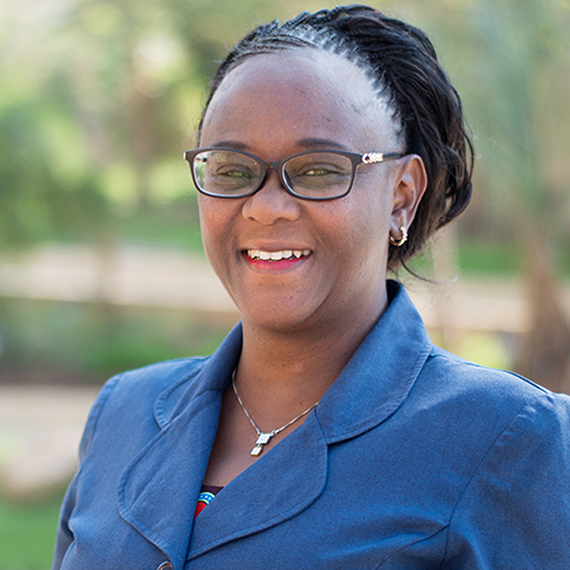On April 15th, 2023, marked the day a violent power struggle broke out in Khartoum, Sudan’s capital city between the two main warring factions; the ruling militia regime (Sudanese Armed Forces-SAF) which is currently acting as the official Army of the country and a rival paramilitary force; the Rapid Support Forces (RSF). The violence broke out due to high rising tension between the country’s most powerful generals, who jointly staged coup d’état in October 2021. As of 14th May,2023, an estimated 900 civilians have been killed and a further 4,000+ injured, whereas an estimated 5 million Sudanese are internally displaced and 1 million flown to neighbouring countries.
Sudan: As a result of the war 936,000 people have been newly displaced including 736,200 people displaced internally and 200,000 who have crossed into neighbouring countries. Women and children represent 75 per cent of those affected by this conflict that have become more vulnerable. This includes an estimated 450,000 children who have fled their homes.
South Sudan: 59,229 (53% female,47%male) individuals had cross into South Sudan. 94% these are South Sudanese returnees. According to UNHCR estimates, between 125,000 and 180,000 South Sudanese and 45,000 Sudanese are expected to arrive in the next three months.
Ethiopia: More than 20,400 people have crossed Ethiopia’s Metema border and 5,300 in Almahal, Benishangul-Gumuz Region. Most of these are Ethiopian returnees.
Chad: The total number of refugee arrivals from Sudan has exceeded 50,000 (18,500male, 31,500 female) UNHCR projects a total of 100,000 Sudanese refugees in Chad by the end of May.
Egypt: 81,172 people have crossed into Egypt, including 76,135 Sudanese and 5,037 third-country nationals. It is estimated that up to 300,000 Sudanese people are expected to cross the Egyptian borders over the next few months.
ACT National Forums/ members of (Sudan, South Sudan, Chad, Ethiopia, Egypt) are preparing an Sub regional response/ appeal to respond to the needs of the affected communities and countries of the Sudan crisis. ACT members NCA, LWF, CA, Presbyterian Relief and Development Agency (PRDA), Mission 21, EECMY-DASSC, EoC-DICAC and BLESS, this includes DKH support to LWF Chad, are getting ready to respond to the crisis with focus on sectors of Food security, Health, WASH Education, MHPSS, CASH, Protection and other sectors based on needed.
ACT Alert Sudan-Sub regional




